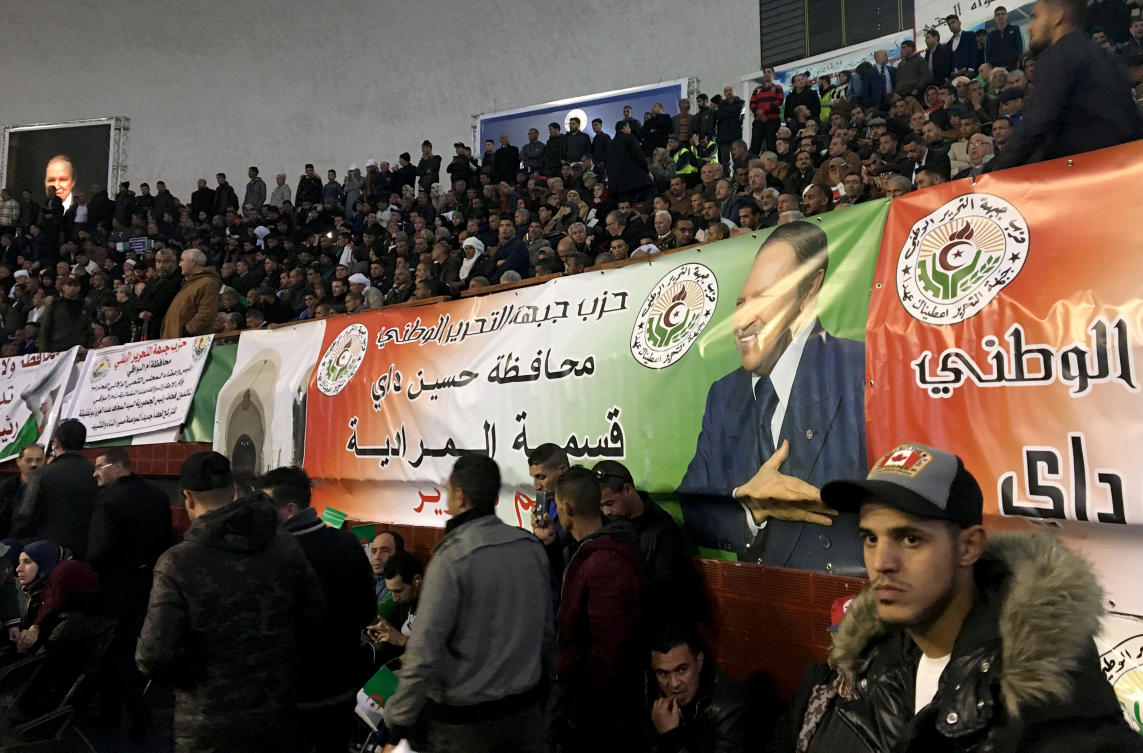Erdogan visits site of Turkey building collapse; death toll 17
ISTANBUL: Turkey’s president on Saturday visited the scene of the apartment building collapse in Istanbul for the first time, saying there were “many lessons to learn” as the death toll increased to 17.
The cause of Wednesday’s tragedy is under investigation but officials have said the top three floors of the eight-story building in the Kartal district were built illegally.
“In this area, we have faced a very serious problem with illegal businesses like this done to make more money,” President Recep Tayyip Erdogan told reporters at the scene. He said the government would take “steps in a determined way” after investigators complete their work.
Earlier, Health Minister Fahrettin Koca increased the death toll to 17. Erdogan was also visiting a hospital where more than a dozen people are being treated. Seven of them are in serious condition.
Friends and relatives waited near the wreckage for news of their missing loved ones as emergency teams, aided by sniffer dogs, worked around the clock to reach possible survivors.
Officials have not disclosed how many people are still unaccounted for. The building had 14 apartments with 43 registered residents.
The collapse fanned criticism of a government amnesty granted last year to people accused of illegal building — a measure announced ahead of municipal elections this March.
Engineers and architects regularly sound the alarm against illegal additional storeys to buildings which they say weaken the constructions’ structure, and put them at greater risk in the event of an earthquake.

Istanbul building collapse kills 2, rescuers save 6 othersDeath toll rises to 16 In Istanbul building collapse





